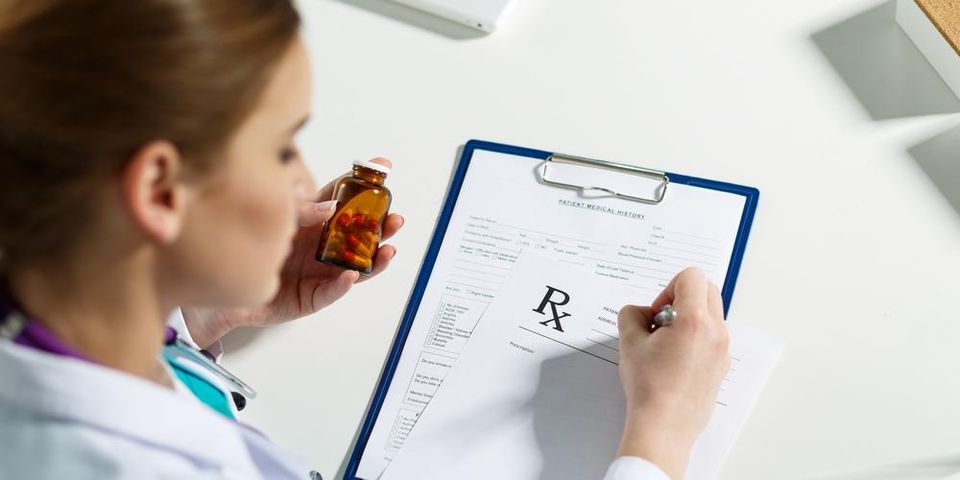
If you have a healthy bladder, it will send nerve signals to the brain to let you know when it’s time to go to the restroom. But if you have a condition known as interstitial cystitis — or painful bladder syndrome — the signals don’t function properly. This condition can lead to a variety of uncomfortable symptoms, such as a frequent need to urinate and pelvic pain. While this chronic disorder cannot be cured, Medical Center Urology notes that there are several ways to prevent and manage symptoms. To help you achieve more comfort and control, this High Point, NC, urology specialist highlights a few top treatments for interstitial cystitis.
5 Interstitial Cystitis Treatment Options to Ask Your Urologist Specialist About
1. Lifestyle Adjustments
If your symptoms are not severe, your urology specialist may recommend starting treatment with a few simple lifestyle changes. Typically, this approach involves avoiding foods and drinks that may trigger flare-ups, such as citrus and coffee. Stress management and quitting smoking may also prevent bladder irritation.
2. Physical Therapy
 When painful bladder syndrome is connected with pelvic floor issues, physical therapy can be an effective approach. During therapy, you will practice a variety of gentle exercises that help relax pelvic floor muscles, which can help improve bladder control.
When painful bladder syndrome is connected with pelvic floor issues, physical therapy can be an effective approach. During therapy, you will practice a variety of gentle exercises that help relax pelvic floor muscles, which can help improve bladder control.
3. Bladder Training
To combat excessive urination throughout the day, you might consider bladder training. In this approach, you will monitor the frequency of urinary urges and slowly increase the amount of time between trips to the bathroom. By holding these urges for just a few minutes at a time, your bladder can learn how to hold more urine before alerting your brain that it’s time to go.
4. Oral Medications
When interstitial cystitis causes pain, over-the-counter medications — such as ibuprofen and aspirin — can provide relief. Your urology specialist may also prescribe drugs that may help control bladder spasms and rebuild tissues within the organ.
5. Nerve Stimulation
In more advanced cases, doctors may recommend nerve stimulation. This treatment will require implantation of a specialized device that can transmit small electrical currents to the bladder. This stimulation can help reconfigure nerve activity to improve bladder function and reduce pain.
The best treatment for your interstitial cystitis will ultimately depend on the severity of the condition and the types of symptoms you have. To develop a personalized treatment plan for painful bladder syndrome, look to Medical Center Urology for help. As a urology specialist with more than 25 years of experience, Dr. Richard Puschinsky understands how to diagnose and treat all conditions affecting the urinary tract system — including incontinence, overactive bladder, and kidney stones. For more information about Dr. Puschinsky’s expertise, visit his clinic online. You can also call (336) 882-0220 to schedule an appointment.
About the Business
Have a question? Ask the experts!
Send your question

